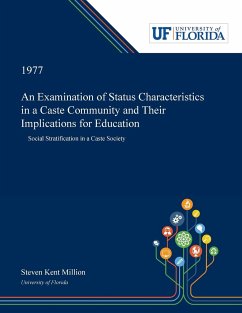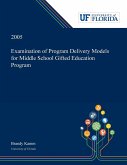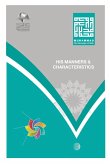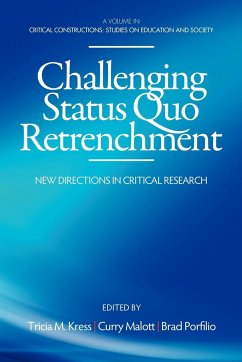Abstract: Factors related to status assignment in a caste community are identified through a procedure developed for that purpose. The procedure was adapted from the Participant Observer methodology, and emphasized in situ scheduled interviews, subject determination of the status ranks of community members, and chi-square, scatter diagram, and multiple regression analyses. Among the factors found to be significantly related to status were ownership of land and formal education. Caste membership and religion were not significantly related to status. Other data indicated that local residents believed their community to be organized in a five-strata status hierarchy. Such a hierarchy was held to be the exclusive domain of males. Status was not assigned to women and children except as a reflection of the status attributed to the adult males with whom they were most closely associated. Males with large land holdings and formal educational training were generally awarded high status. However, highly educated males with little land or other forms of wealth were generally not assigned to high status rank. The findings suggest that (1) community residents do not assign status to themselves or others solely on the basis of caste membership and that (2) the importance of caste membership to individual status is secondary to the greater influences of landownership and education. Dissertation Discovery Company and the University of Florida are dedicated to making scholarly works more discoverable and accessible throughout the world. This dissertation, "An Examination of Status Characteristics in a Caste Community and Their Implications for Education" by Steven Kent Million, was obtained from the University of Florida and is being sold with permission from the author. A free digital copy of this work may also be found in the university's institutional repository, the IR@UF. The content of this dissertation has not been altered in any way. We have altered the formatting in order to facilitate the ease of printing and reading of the dissertation.
Hinweis: Dieser Artikel kann nur an eine deutsche Lieferadresse ausgeliefert werden.
Hinweis: Dieser Artikel kann nur an eine deutsche Lieferadresse ausgeliefert werden.








